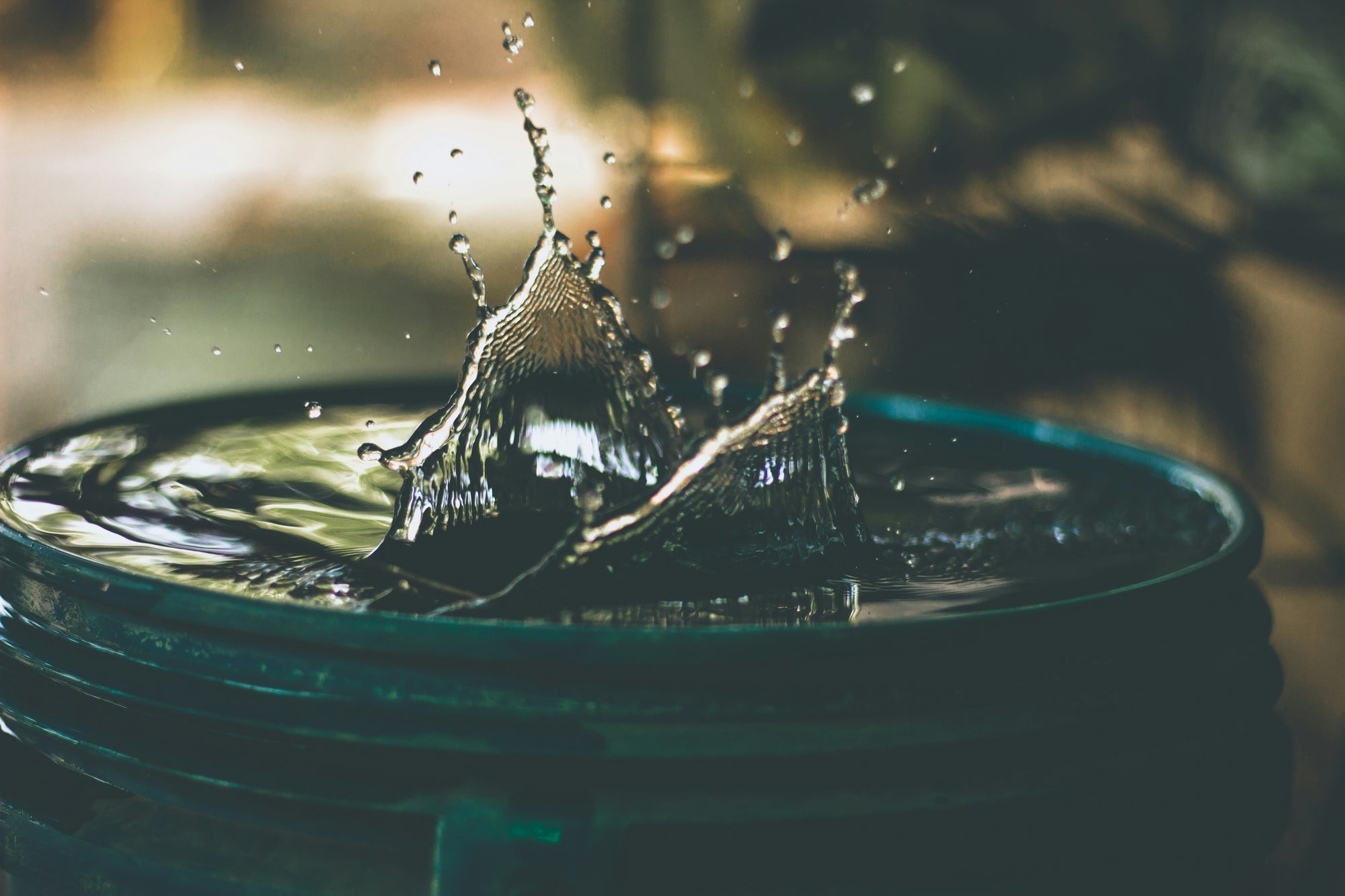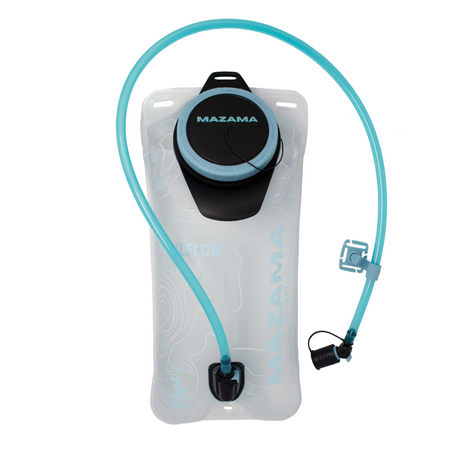The Strength of Women and Children Carrying the Weight of Fresh Water Across the World
September 20 2024 – Willy-Joe Williams

In many regions around the globe, the challenge of accessing clean drinking water falls largely on the shoulders of women and children. Every day, they walk long distances to collect fresh water, carrying heavy loads to ensure their families stay hydrated. This incredible act of resilience highlights the critical need for better water access and solutions to the global water crisis.
The Weight of Water: An Overwhelming Burden
Water is essential for life, but it’s also heavy. A single gallon of water weighs about 8.34 pounds, and in many parts of the world, women and children are carrying up to 40 pounds of clean water per trip. On average, they walk around 6 kilometers (nearly 4 miles) daily just to find freshwater sources like rivers, lakes, or wells. This daily trek often consumes hours of their time, leaving little room for other activities, like attending school or earning an income.
Girls, in particular, are often taken out of school to help fetch water. This practice not only limits their educational opportunities but also puts a physical strain on their growing bodies. Long-term physical damage, such as chronic back pain and joint issues, is common among those who must carry such heavy loads.
The Global Water Crisis: Why Access to Fresh Water is Essential
The global water crisis is one of the most urgent challenges we face today. The World Health Organization (WHO) reports that over 2 billion people worldwide do not have access to safely managed drinking water. This means that for millions of families, finding water is not a simple task, but a critical matter of survival.
Clean water is essential not only for drinking but for cooking, cleaning, and maintaining hygiene, especially in regions vulnerable to waterborne diseases. Contaminated water sources contribute to the spread of diseases like cholera, diarrhea, and typhoid. Despite the need, many communities still rely on unclean sources because they have no other option.
The Need for Better Access to Clean Water
The reality of the global water crisis highlights the need for increased investment in water infrastructure. Communities across Africa, Asia, and Latin America desperately need sustainable solutions such as borehole wells, rainwater harvesting systems, and efficient water filtration technologies. These innovations can drastically reduce the need for long journeys to collect water, offering families more time for education, work, and personal development.
Organizations working to improve global water access have already made strides, but there’s much more work to be done. Governments, non-profits, and companies must continue to invest in water projects and bring these solutions to areas in need.
Innovation in Hydration Solutions
Companies focused on hydration products and water technology have a unique opportunity to contribute to this global issue. Developing portable water filtration systems and lightweight water storage solutions can significantly reduce the physical burden on women and children. New products like ultra-light water bottles, advanced water filters, and collapsible containers can make the transportation of water more efficient and less strenuous.
For the outdoor community, which values hydration and water conservation, there is a responsibility to drive innovation. Hydration companies are already at the forefront of developing better solutions for water access in remote areas. By focusing on clean water technology, these businesses can extend their reach beyond the outdoor world and into regions where water scarcity is a daily challenge.
Conclusion: Supporting Women and Children, Advocating for Global Water Access
The resilience of women and children who carry heavy loads of fresh water is remarkable. But this story of strength also underscores the global need for sustainable water solutions. The lack of access to safe drinking water should not be the burden of the most vulnerable populations.
To support these efforts, it’s vital to raise awareness about the global water crisis and advocate for the installation of more water access points. From clean water wells to water filtration devices, innovative solutions can relieve women and children of this exhausting task and allow them to focus on their future.
As we celebrate their resilience, let’s also work together to advocate for better access to clean drinking water for all. Only then can we lift this burden and create a world where every person has access to the fresh water they need to thrive.
By understanding the connection between water access and human survival, we can begin to appreciate the silent strength of women and children worldwide. Let’s continue to push for a future where no one has to walk miles for a sip of clean, fresh water.

